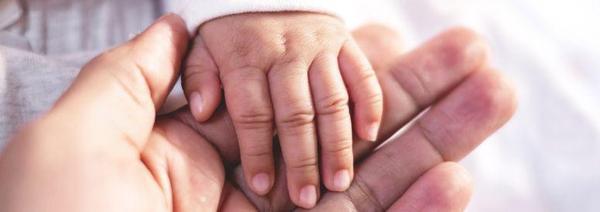

Having spent years working in fashion and beauty, my desires in my career and how it aligned with my own values evolved, leading me to focus in on copywriting within the mental health and charity sectors.
My experience as a Been There mentor and copywriter for Grae Matta played a crucial role in this transition, deepening my desire to contribute to a field that makes a difference in people's lives. In my current role with Clinical Partners, I apply my copywriting expertise to support mental health initiatives, using clear and empathetic communication
With neurodevelopmental disorders being a subject close to my heart alongside mental health, Clinical Partners, a leading provider mental health, autism, and ADHD services, offered a perfect environment to do important work that helped people improve their lives in a way that aligned with my passion.






















